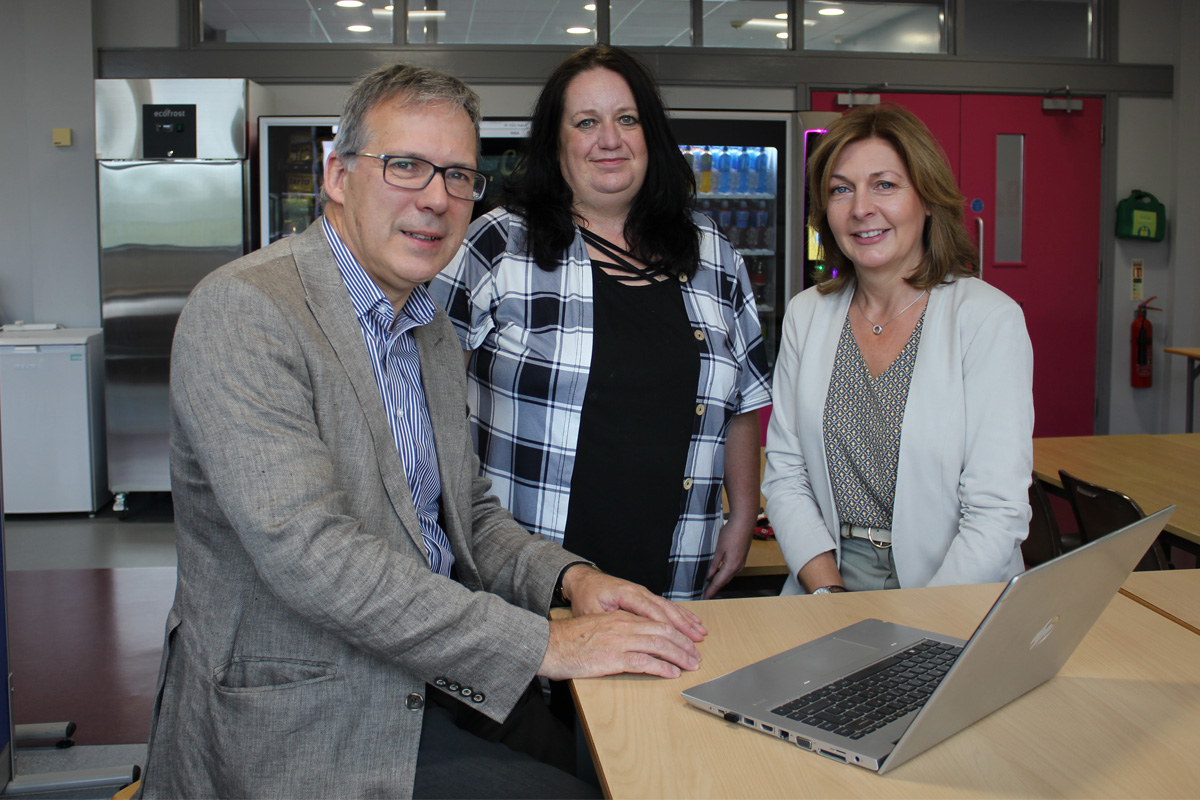Public Sector embraces tech to empower education

Riverbed, the leader in Unified Observability, today announced findings for the public sector from its Global Digital Employee Experience (DEX) Survey. The report reveals that the public sector is transforming to improve the digital experience for employees and citizens, allowing them to achieve key goals – for example, unleashing staff productivity, recruiting and retaining talent in the public sector, and delivering on the mission. This transformation is also proving critical in overcoming the sector’s many challenges, including the acceleration of hybrid and skills shortages as the workplace and workforce shifts at an unprecedented pace.
Evolution at the Speed of Today’s Employees
Every industry is facing a talent shortage, and the public sector is no exception. As longer-standing staff members retire, a new generation of digitally native Millennial and Gen Z workers enter, with even high expectations of their technology and the digital experience. In fact, 86% of the public sector leaders surveyed believe they will need to provide more advanced digital experiences as a fresh generation of employees enter the workforce.
Gain Access to the Public Sector Infographic Here: https://rvbd.ly/49JJoDL
New investment areas include unified observability platforms, which can deliver exceptional DEX by providing visibility, AI and actionable insight into entire infrastructures; 74% of IT respondents in government believe unified observability with greater automation can help close the skills gap. Additionally, new investments are expected to support the hybrid workforce, as
49% of public sector employees operate in a hybrid model and 92% of public sector leaders surveyed say hybrid working enhances their ability to recruit talent and remain competitive in the future. As a result, 83% of public sector leaders who responded to the survey plan to invest in technology over the next 12-18 months to support this hybrid workforce.
Enhanced digital experiences aren’t simply considered a nice-to-have either. The survey showed that 58% of leaders in the public sector believe there would be disruptive or reputational impact on their organization if the DEX needs of younger generations aren’t met, while 63% agree that these employees would consider leaving the government organization if they didn’t enjoy seamless digital experiences.
The Role of the Public Sector CIO is Shifting
As CIOs are consulted on significant strategic decisions that affect recruitment and productivity, they’re expected to adopt a more prominent role within the leadership team. Eighty-one percent of public sector decision-makers surveyed acknowledge the increasing relevance of IT within their organization’s leadership team. In addition, 89% of the respondents agree that IT is more responsible for driving innovation now than it was three years ago. In effect, the pressure is on IT, and its leaders, to make smart investments and implement technologies that will support the cause and mission rather than adding extra complexity.
Decision-Makers Express a Heightened Interest in AI and Cloud
Separate research on government digitization from Deloitte says that the ultimate aim of governments must be from ‘doing’ digital to ‘being’ digital, which means ‘the human experience is elevated. Human-centered design and advanced technologies like AI, cyber, and cloud are used to radically improve service delivery by transforming government operating models.’ McKinsey agrees, stating that ‘by digitizing processes and making organizational changes, governments can enhance services, save money, and improve citizens’ quality of life’, and the Global Government Forum names digital transformation as one of the top four priorities for 2024.
This aligns with Riverbed’s findings – as 80% of public sector leaders surveyed are planning to accelerate digital experience adoption and implementation. Additionally, the survey found that the cloud (44%), AI (38%), and automation (33%) will become mission-critical priorities over the next 18 months. Unified observability uniquely fuses all these technologies while providing holistic visibility across physical and virtual environments, plus additional productivity-boosting functionality through AI and automation. Eighty-eight percent of the leaders surveyed agree that unified observability is important (45% critically important) to deliver DEX, and 87% say there must be greater investment in unified observability solutions that provide actionable insights for better employee and customer digital experience.
John Atkinson, Director of Solutions Engineering, UK & Ireland said:
“In today’s Government and Public Sector organizations and agencies, the digital experience is more critical than ever,”
“However, with changing workforce dynamics, Riverbed’s Global DEX Survey found that delivering better digital experiences is getting harder for Public Sector leaders with the vast majority facing at least one major obstacle. Fortunately, these Government organizations are investing in technology, including observability, AI and automation to address these challenges. With Riverbed’s unified observability portfolio, Government and Public Sector organizations can gain actionable insights and leverage automation to make data driven decisions that supports their mission and enhances the digital experience for citizens and government employees.”











Responses